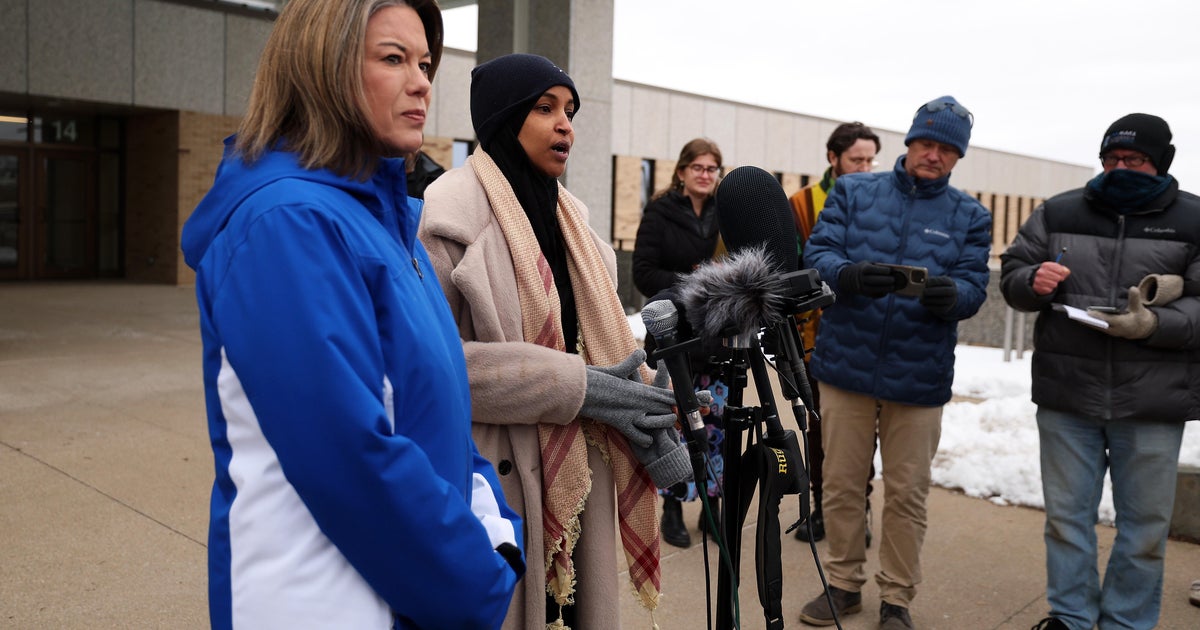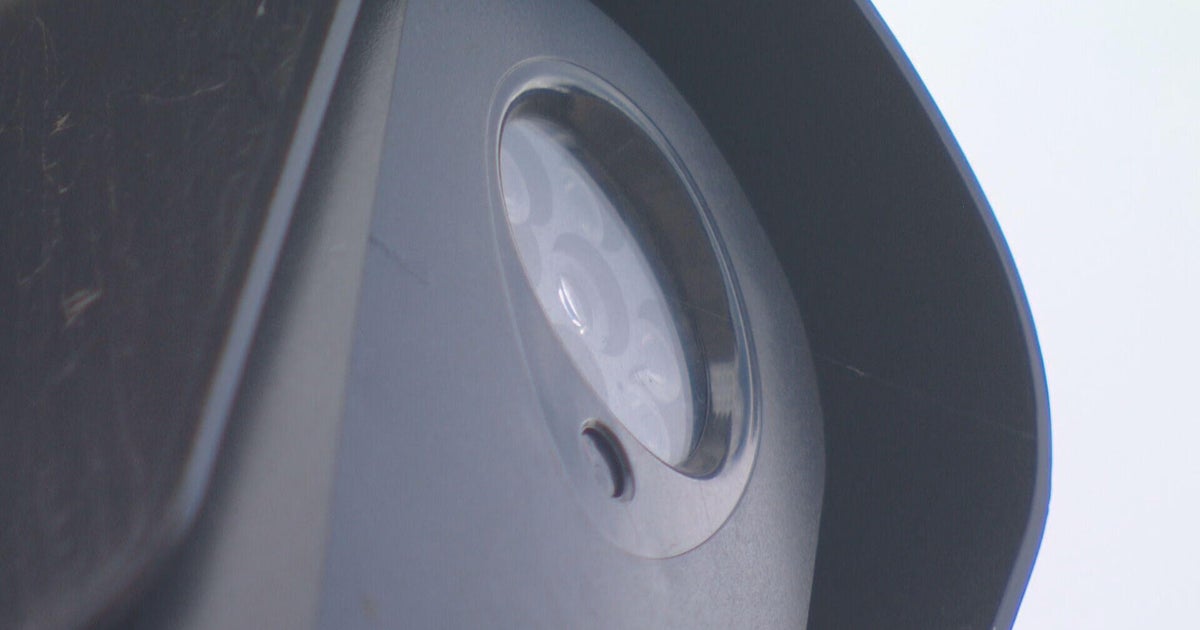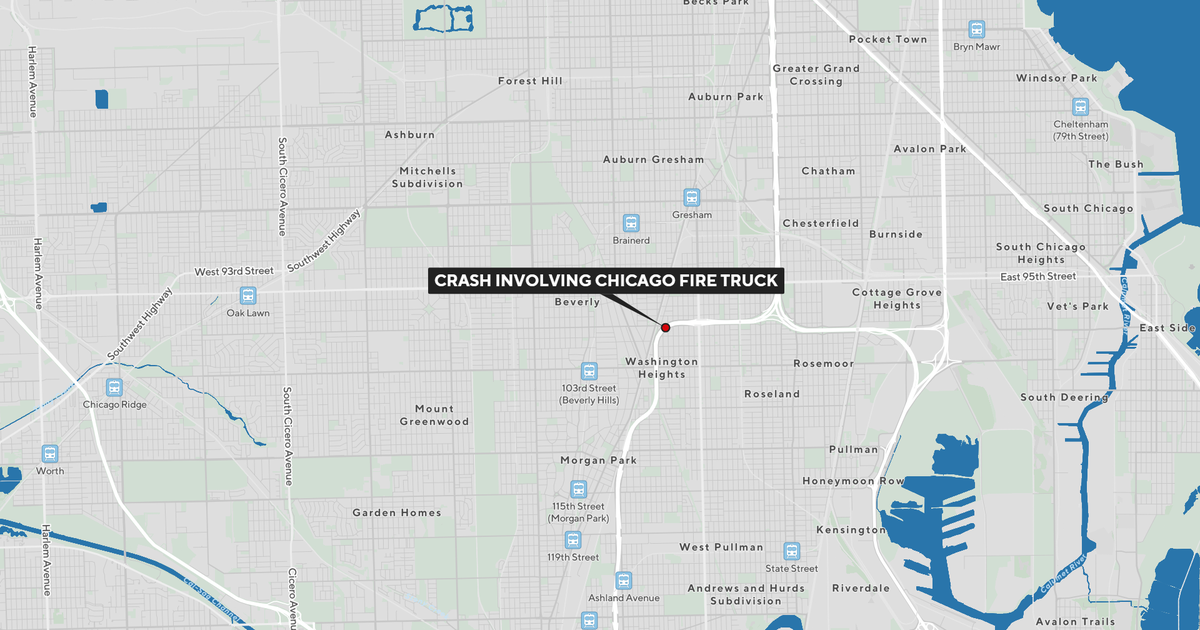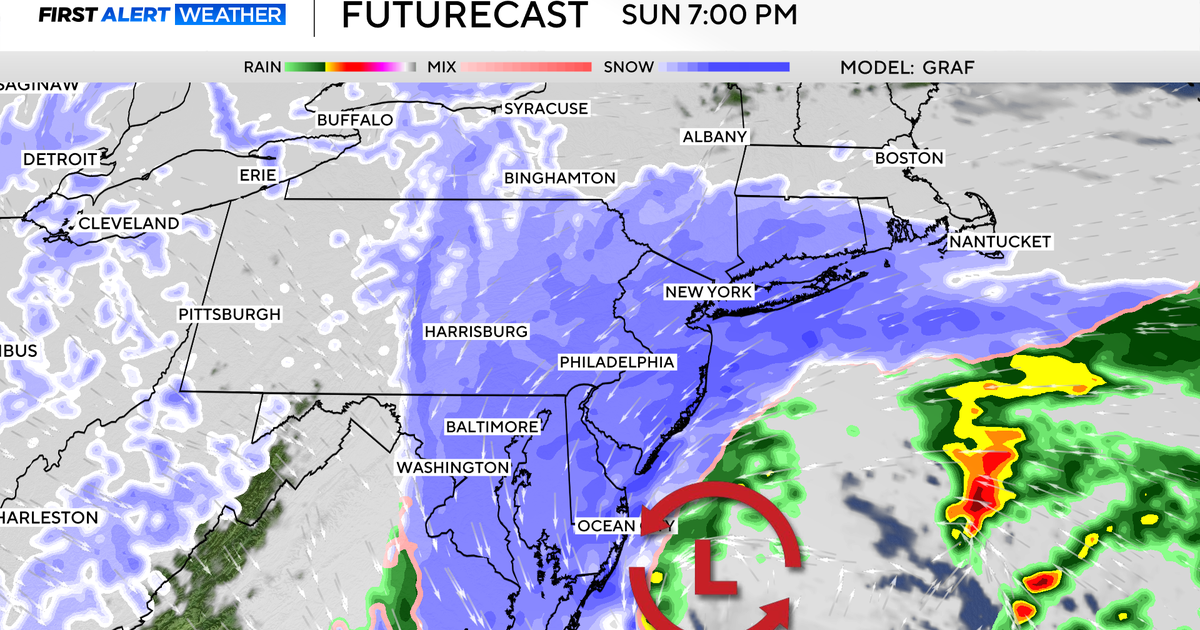Which States Are Riding The Recreational Marijuana Wave?
CHICAGO (CBS) -- Adult-use or recreational marijuana becomes legal January 1, 2020 in Illinois. During debate and passage of the law, State Sen. Heather Steans and State Rep. Kelly Cassidy commissioned a study on the demand for pot.
That analysis estimated sales in the range of $1.6 to $2.5 billion and state revenue in the range of $443 to $676 million each year.
Will those estimates pan out?
A deeper dive into the finances of a few other states that either long ago or more recently legalized pot for all may provide an answer.
[scribd id=433582824 key=key-sbbKzBvVMCiTKsnKNiY3 mode=scroll]
Washington state and Colorado both started selling recreational marijuana in 2014.
In Washington, revenue from marijuana taxes, licenses and fees has reached nearly $943 million in the first four years of legalization. In Colorado, the windfall from weed, both medical and recreational, topped $900 million by the end of 2018. This year, revenue has soared past the $1 billion mark.
Revenues in Washington bring in more than $300 million a year and have been increasing at double-digit rates recently, up 15% from 2017 to 2018.
However, in Colorado, the pace is slowing. Revenues added $266 million to state coffers in 2018, up just 8% from the year before. Both states use the profits from pot for funding public education, health programs and research.
In Massachusetts, where legal marijuana went on sale for the first time in November of 2018, $316 million worth of weed has been sold so far. That might not seem like much, but since April sales have been increasing steadily, by nearly $50 million each month. Through September 2019, the state has raised $52 million in tax revenue.
California legal marijuana sales also began in 2018. That first year, sales topped $2.5 billion, generating $345 million in state tax revenue. That was less than the $1 billion predicted.
The black market for marijuana business is still robust, bringing in nearly $9 billion. Part of the reason why illegal sales are still strong is the high taxes imposed on customers who buy in legal retail pot shops. Another explanation is that two-thirds of cities and counties have banned recreational cannabis businesses, therefore restricting access.
That seems to be the trend in the Chicago area as well, where it seems like every week a new city council or county board puts restrictions on recreational marijuana sales, or bans pot shops altogether in their communities.
So, will Illinois ever reap revenues in the $500 million range? Revenues from legal cannabis sales aren't even being counted on to close Illinois' deficit in Governor JB Pritzker's 2020 budget.







